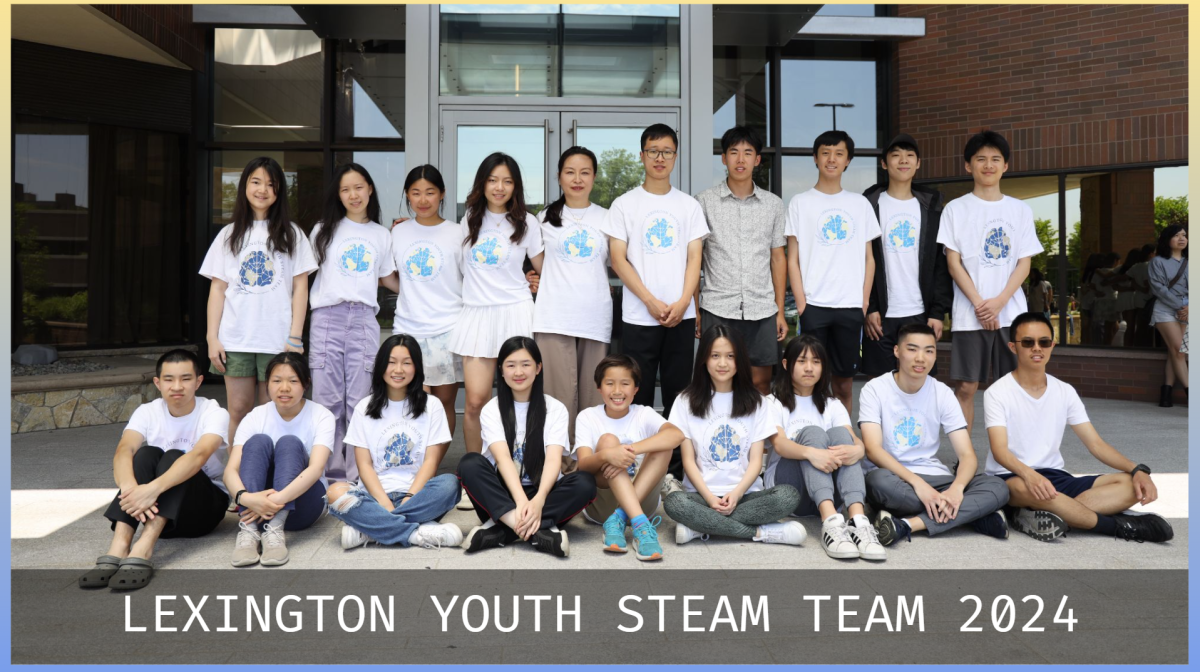This summer, the Lexington Mathematical Computer Science Club (LexMACS) will host their fifth Lexington Informatics Tournament (LIT), a virtual competition centered around cybersecurity and coding. The competition itself is reflective of the shifting focus of the club over the last few years.
“The club originally was focused on AI [Artificial Intelligence] and USACO [USA Coding Olympiad], but over the years, they’ve transitioned to a bigger focus on cybersecurity,” co-captain Kevin Zhu said.
In addition to being a gateway into cybersecurity, the club also offers practice for other competitions, such as USACO and Capture the Flags (CTFs), a computer science challenge in which competitors exploit files to find flags hidden in a file or on the internet.
For current co-captain Stephanie Wan, finding out about LexMACS was an unexpected experience.
“I actually joined it freshman year, I randomly stumbled upon it. They were doing some cool cybersecurity stuff, so I just joined the club and I’m still here now,” Wan, a junior, said.
As the club gears up to host LIT this summer, the competition is set to have a unique format.
“LIT is virtual and you’re given over a week to work on these challenges, because we want to give people proper time, because some of these challenges are really hard, and we want to give people a lot of time to be able to actually focus and learn while they’re doing this,” Wan said.
The team expects many participants, similar to previous years; in 2023, more than 1400 teams competed in the tournament. The tournament is run by a tiny but close-knit team, which comes with its own challenges, such as finishing problems on time and adding new features that take a long time to implement.
“Hectic is definitely a word for it, because we don’t have that many organizers consistently working on it, so it does get a bit difficult to make sure everything is done,” Tianyi Zhou, another co-captain and junior, said.
The team is also prepared for potential difficulties during the competition itself.
“We have the challenges uploaded beforehand, but on the days of the competition there is a danger of the servers crashing if too many people are overloading them at once,” Zhou said.
The organizers hope that the competition itself will drive participants to follow their own paths.
“You really need to be self-motivated because a lot of cybersecurity is finding a problem, doing your own research about it, and then making your own solutions,” Zhu said.
Most importantly, the team hopes LIT and LexMACS introduce participants to the world of cybersecurity.
“The goal is to have more people be exposed to cybersecurity because every year, it becomes a more important subject in the real world. We just hope to see more beginners try it out,” Zhu said.



